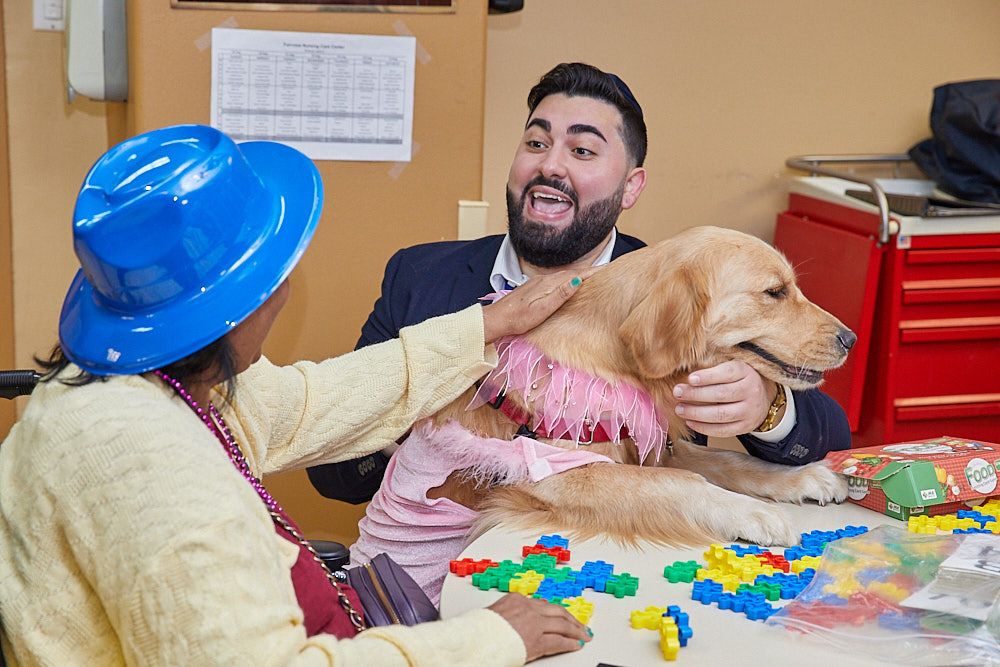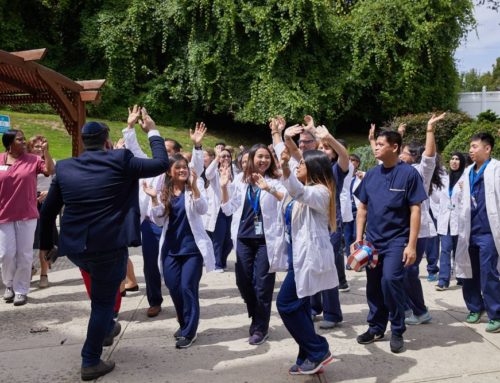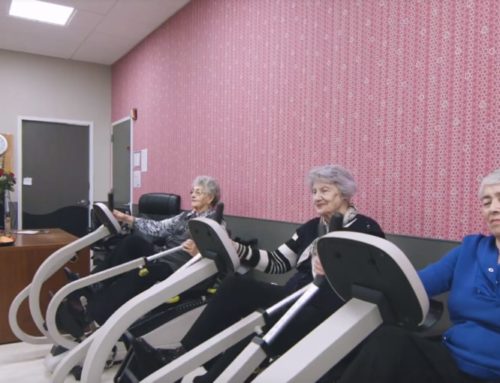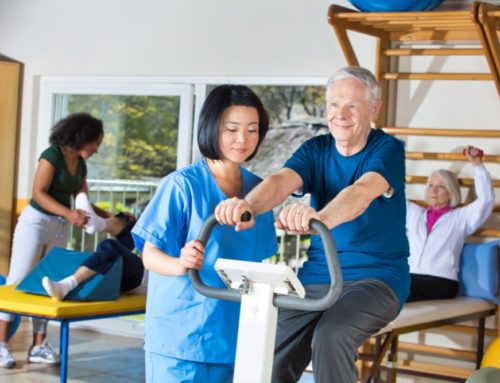Depression And Anxiety – 3 Reasons Recovery Activities Help
Depression and anxiety alter how individuals feel, think, and act, causing sadness, fear, isolation, and irritability. Depression and anxiety commonly occur together and can be harmful for your mental and physical health. So, it is important to take action and seek help if you are experiencing these issues. One of the ways to address these is recreation therapy activities, also called recovery activities that help in several ways.
Therapeutic recreation activities do wonders for those with depression and anxiety using a combination of mental and physical activities. They boost mood, reduce stress, and distract individuals from their worries with fun group activities and emotional healing. These activities also increase self-esteem and foster a sense of accomplishment for a better quality of life.

Fairview Rehab in Queens NY offers a wide range of rehabilitation therapies as well as therapeutic recreation activities such as pet therapy, music programs, community trips, and other fun activities to improve our patients’ conditions such as dance, yoga, Zumba, puzzles, cognitive rehab games, and social interaction.
For more information on how these activities decrease depression and anxiety symptoms, check out the following sections.
Can Recovery Activities Really Help Depression And Anxiety?
Recovery activities are designed to be fun and engaging, but they have other benefits for those with depression and anxiety. They help individuals learn to cope and manage their symptoms and regain a more positive outlook. These activities often include mindfulness exercises and stress management strategies.
In fact, there are 3 main reasons why you should choose therapeutic recreation, which we’ll discuss in detail below.
Emotional healing
Depression and anxiety cause various emotional responses that are difficult to control. When depressed, most individuals are sad and withdrawn from close friends and family. Such isolation causes feelings of guilt and shame. The emotional response of anxiety is feeling restless, irritable, doomed, out of control, or worried.
Recovery activities help with the emotional turmoil caused by these two issues. When involved in games, physical activities, or group events, other individuals can help when you’re struggling with those emotions. You can discuss your emotional responses with those around you or trained therapists who know productive coping mechanisms. Over time, you may be able to overcome the symptoms and strengthen your emotional health.
Cognitive stimulation
As a common mental disorder, depression affects cognitive functions, such as decision-making, memory, problem-solving, attention, and reasoning. Recovery activities help you regain those functions using various games and activities. These include creative writing, trivia, puzzles, art, and crafts.
Solo games allow you to focus, improving your problem-solving and reasoning skills. Group activities increase socialization so you can connect with others using shared interests. You may also notice concentration and memory improvements while you’re distracted from whatever worries dominating your thoughts. As you regain your cognitive functions, you’ll find it easier to meet your goals and maintain a positive attitude.
Physical rehabilitation
Getting up and moving isn’t easy when dealing with depression or anxiety, though it may be the most beneficial activity. When exercising, the body releases endorphins that boost mood and make you feel fantastic. It also distracts you from your worries and helps you cope with your problems healthily.
Adding a physical aspect to recovery activities helps you gain those advantages while strengthening your body. You can choose from various options, including waking, gardening, dancing, yoga, or anything else you enjoy. During activities or exercises, you’ll gain confidence and self-esteem, pushing your symptoms back for a healthier outlook.
Resources:
https://www.hanleycenter.org/five-benefits-of-recreational-therapy-for-depression/
https://www.helpguide.org/articles/depression/coping-with-depression.htm
https://www.mayoclinic.org/diseases-conditions/depression/in-depth/depression-and-exercise/art-20046495
This article contains informational and educational materials and does not replace health or medical advice. For questions or concerns regarding your medical condition or health objectives, speak to a qualified physician or healthcare provider.






Leave A Comment